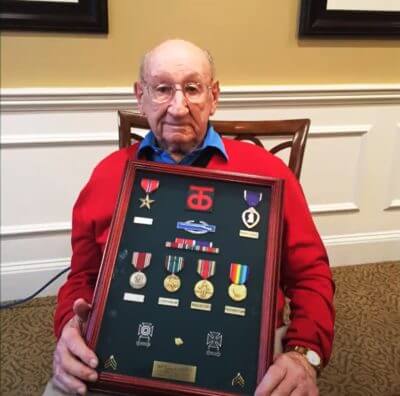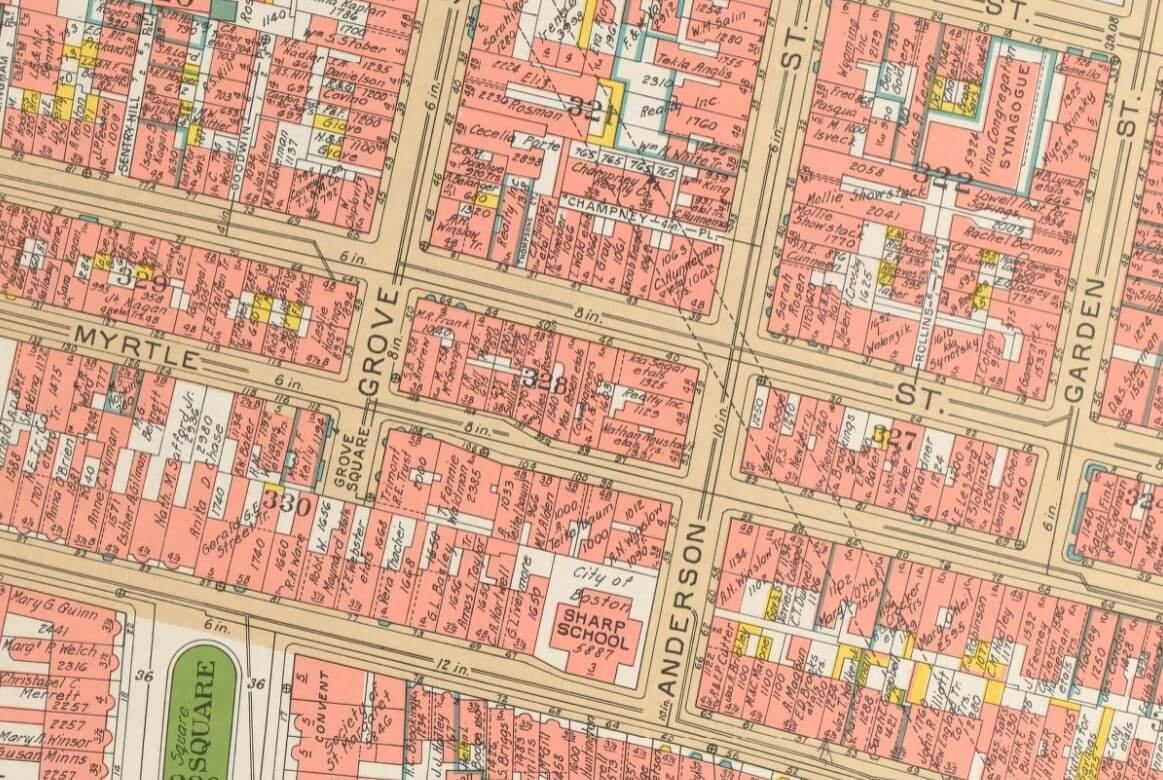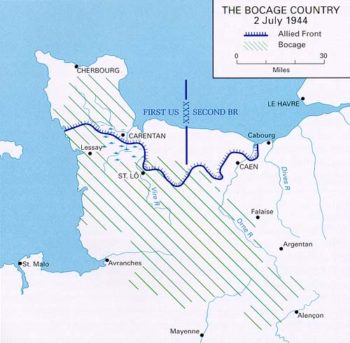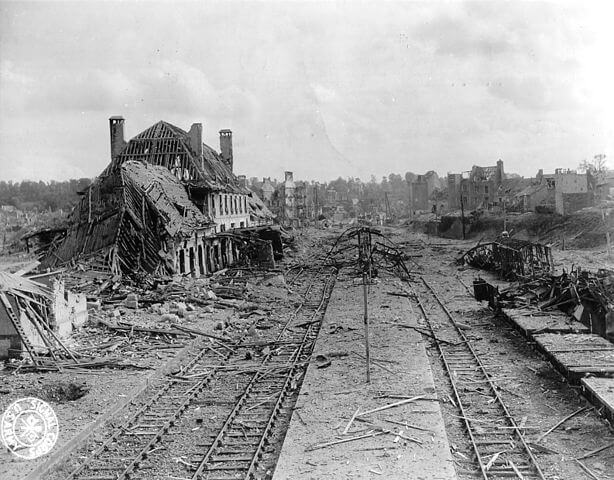Manny Brown
Manny Brown is a pre-urban renewal West Ender and World War II veteran.

Manuel “Manny” Brown was born on May 30th 1920 in Boston, and grew up in the West End at a number of locations on the North Slope with his parents and two sisters. He was a member of the West End House, and lived in the neighborhood until 1946 when he married and moved to Brighton.
As a child, Manny enjoyed his West End House community and went sledding down (then automobile-less) Beacon Hill. He and other neighborhood kids would slide all the way from Myrtle Street to Cambridge Street far below! He played basketball, participated in the Thanksgiving Day Run, the Christmas Walk, and numerous other West End House events. He was a paperboy, and shoveled snow to earn some extra money from age 10 until high school. Manny attended The English High School, and the West End House Camp as a camper from 1930 to 1942, and after the War as an alumni. In high school Manny worked at and around Fenway Park and Braves Field reselling sandwiches at a mark-up to bookmakers.
Manny met his wife, Florence, in the West End before the War. After a friend introduced them, they were “off-and-on” for a while, but married soon after Manny returned form service, and enjoyed 62 years together before her passing a little more than a decade ago. She worked as a typist at Massachusetts General Hospital, but during WWII decided to support the War effort manufacturing .50 BMG Bullets at a factory in East Boston, then returned to MGH when the War was over.
Manny served in the 90th “Tough ‘Ombres” Infantry Division of the United States Army from 1942 to 1945. He landed on Utah beach, near Cherbourg-Octeville, during the D-Day invasion, and took part in the Allied advance to capture vital port cities in west Normandy and Brittany. He fought in German-occupied France for 47 days before he was wounded in action in the lead-up to the Battle of St. Lo, and remained in the United Kingdom for 6 months before returning to Fort Devens, MA, where he served another ten months before being honorably discharged. Some of Manny’s medical history at Fort Devens was used by MGH doctors to write papers on healing injuries like the ones he had sustained from shrapnel.
After returning home, Manny, who had been classified as “100% disabled” by the VA, was set-up with a job at a stationary store to supplement his disability pay. He eventually purchased a stationary store of his own, where he supplied accountants and city courts. He and his son ran the business together for a few years, and Manny credits his son with dramatically increasing business.
Despite starting a family in Brighton after he got married, Manny returned to the West End frequently for club meetings at the West End House. His wife’s family remained in the West End working as typists at MGH until they were displaced by urban renewal and moved to Brookline. When we spoke with him last year, Manny said the people of the West End “were happy, they didn’t have anything, but they managed to get by… families helped each other.”
Article by Sebastian Belfanti, video by Lyra Piscitelli
Source: interviews collected by the West End Museum in 2019, photos from Wikipedia and Newton Talks, Bromley Map from the Boston Public Library












